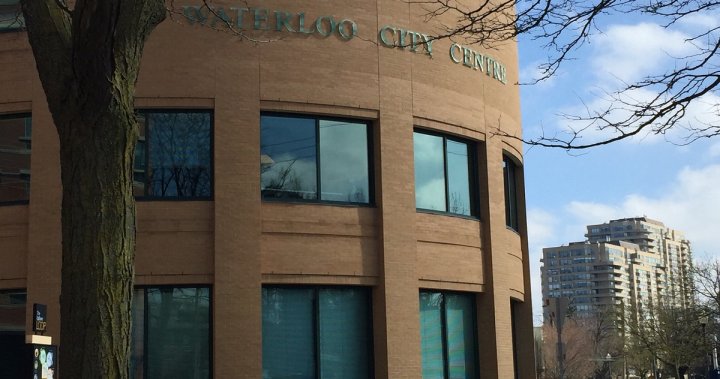A report on the future of the Eby Farmstead at Waterloo Park will be presented to the council, proposing the potential removal of animals from the park. The report recommends discussing the future of the farmstead in 2024 as part of the park’s redevelopment plan. While the report does not explicitly state that the animals will be removed, it suggests exploring alternative land uses that provide value year-round, free access, and inclusivity. The report highlights various issues with having animals in the park, such as limited accessibility during winter months and lack of educational opportunities.
The Eby Farmstead, originally home to wild animals in the 1960s, transitioned to domestic animals in the 1990s and currently houses nine animals, including donkeys, llamas, alpacas, and horses. The report mentions that some of the animals are aging, and there are concerns about their well-being due to the lack of rest and continuous public accessibility. Furthermore, the farmstead’s proximity to the ION LRT line poses safety risks. The report also notes a lack of educational resources provided by the city, with no full-time staff present and minimal signage offering information about the animals.
In light of the potential removal of animals from the park, the report suggests various alternative uses for the two-acre area currently occupied by the animals. These options include covered picnic areas, a water play feature, outdoor skating spaces, gardens, performance areas, public washrooms, or a community orchard. The aim is to enhance the overall appeal and functionality of the park while maintaining free access and cultivating a sense of inclusivity. The report emphasizes the need for community engagement to explore and decide on the best use of the land.
The decision to reconsider the presence of animals at Waterloo Park’s Eby Farmstead reflects the city’s commitment to revitalizing public spaces and ensuring they meet the diverse needs of the community. By exploring alternative uses for the land currently occupied by the animals, the city aims to create a more engaging and accessible space for residents and visitors alike. While the potential removal of animals may spark debate and concerns among animal lovers and park enthusiasts, the overarching goal is to enhance the park’s overall functionality and offer year-round value for all demographics.
As discussions continue regarding the future of the Eby Farmstead, community input and feedback will play a crucial role in shaping the ultimate decision. City officials are expected to engage with residents, local organizations, and stakeholders to gather insights, preferences, and ideas for reimagining the park space. By fostering a collaborative and inclusive planning process, the city hopes to develop a well-rounded strategy that reflects the diverse interests and priorities of the community. Ultimately, the goal is to create a vibrant and sustainable park space that meets the evolving needs of Waterloo residents while respecting the history and legacy of the Eby Farmstead.
In the coming months, further deliberations and consultations will guide the council’s decision on the future of the Eby Farmstead at Waterloo Park. As the city looks to revitalize and enhance public spaces, finding a balance between preserving the park’s heritage and introducing new amenities is essential. By prioritizing accessibility, inclusivity, and year-round value, the city aims to create a park that caters to a wide range of interests and activities. The proposed recommendations in the report serve as a starting point for the council’s discussions and the broader community engagement process to shape the future of Waterloo Park for generations to come.


